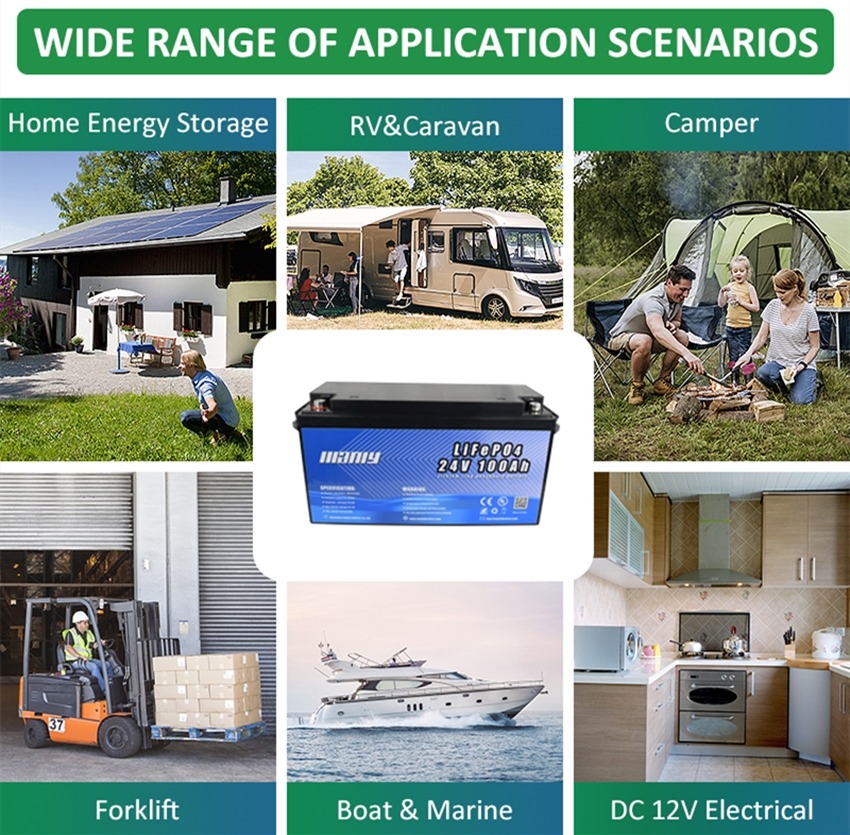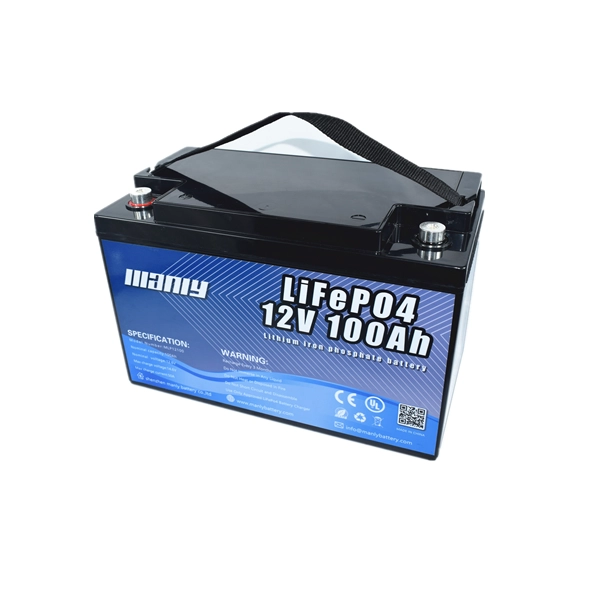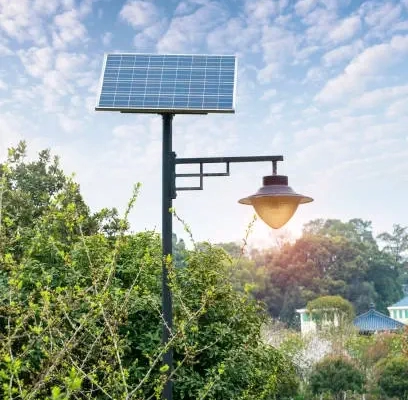12V Vs 24V: What’s the Difference in Battery System?
Table of Contents
As more and more people are choosing to be more eco-friendly, and as the world gradually distances itself from fossil fuels in a bid to be more sustainable and tackle fossil fuels, we’ve seen an increase in the amounts of electric vehicles (EVs) on the road. We’ve also seen a sharp increase in the amount of people living off-grid, as it were.
As great as going fossil fuel-free can be, obviously we need to get our power from somewhere, which is where it pays to find a reputable battery supplier.
Electric vehicles and other similar devices and setups still need power, and that power comes from a battery, or batteries. Unless you happen to be a battery expert however, knowing the difference between a 12v vs 24v battery can be very tricky. Navigating the entire world of batteries can be like a maze, especially when it comes down to deciding between a 24v battery and a 12v battery.
To help you understand the key differences, and indeed, to choose a professional battery supplier, we’ve gone ahead and have compiled this handy guide for you today. Here’s a look at 12v vs 24v battery setups, the pros and cons of each, and which may be best suited for you.
Battery Voltage Calculator
Select your device, battery type and enter its power requirements (in watts) below to calculate the recommended battery voltage:
What are 12V Battery Systems?
In order for you to choose the best battery setup for you and your personal circumstances, let’s first look at the two main battery systems you are likely to need.
A battery system, as the name implies, is a set of batteries which have been connected together in order to provide power in an electrical form. Needless to say, the two most common types of battery systems are a 12v battery system and a 24v battery system.
While we use batteries for all kinds of different reasons, and indeed, all kinds of different batteries, 12v batteries are the most common when used with DC (Direct Current) power systems. You’ll find these most commonly used with boats, off-grid power systems, RVs, and other forms of vehicles used for daily transport.
If your power requirements are 3000W or below, you should find that a 12v system is sufficient enough in terms of power needs.
The main reason why a 12v battery is so commonly used in electric vehicles is down to the fact that most of the components found in vehicles have been specifically designed to operate on a 12v battery. 12v batteries provide 12 volts under a nominal load. Most electrical components in vehicles, such as the ignition, lighting system, and starter system have been designed specifically to run off of 12 volts.
As you might have guessed, 12v systems are noticeably smaller than a 24v battery and they therefore take up far less space. What a lot of people don’t realise is that the 12 volts is not a solid figure. Some 12v batteries offer a slightly lower voltage, whereas others offer a slightly higher voltage.
Although most vehicles use 12v batteries, you will sometimes find larger vehicles using a 24v battery instead. Large trucks, bigger boats, construction vehicles, and busses may sometimes use 24v battery setups due to the additional power requirements.
What are 24v Battery Systems?
Now that we’ve looked at what a 12v battery setup is, as we are looking at 12v vs 24v batteries we’d better now take a look at a 24v battery system.
As you have probably already figured out, a 24v battery provides 24 volts of power, as opposed to 12. Under the nominal load, these batteries produce 24 volts.
Some people will create 24v by simply running two 12v batteries. By far, the most efficient way of producing 24v however, is to purchase a 24-volt battery from a professional and reputable battery supplier.
24-volt batteries are less common than 12-volt batteries. They offer a higher voltage, so the current is reduced. This means that they generate less heat and they waste less power as a result. Because they are larger and more powerful, they’re used in larger, more powerful vehicles which require more power.
Put simply, the greater your power demands, the more beneficial a 24v battery is likely to be.
What are the Benefits of 12V Batteries?
To help compare the key differences in terms of 12v vs 24v battery systems, we’re going to explore some of the key differences between the two and look at the benefits each type of battery provides
First off, we’ll look at 12v batteries:
Takes up less space
One of the main reasons why so many battery supplier businesses are seeing such a high demand for 12v batteries is down to the fact that they’re smaller and take up less space.
A 12v battery is much smaller than a 24v battery, and is also lighter. This makes it much more convenient. If you’re using it in a smaller vehicle such as a boat or an RV, where space is limited, a 12v battery will be more convenient as it will take up less space, leaving you with more free space.
As it is lighter, it will also reduce fuel consumption and improve power and performance as well.
Compatible with more vehicles
Another of the key benefits associated with using a 12v battery is the fact that it will be compatible with more vehicles.
As previously mentioned, most vehicles have electrical components which have been designed to be compatible with a 12v battery. Because 12v batteries are compatible with more vehicles, this reduces the risk of you running into issues when it comes to matters relating to powering your vehicle.
Ideal for lower power setups
If you’re operating a lower power setup of below 3000W, you’ll find that a 12v battery is more than sufficient for all of your powering needs.
In RVs for example, you’ll find that most typical RV appliances requiring power, I.E the shower, refrigerator, and lighting setup, will work perfectly fine with a 12v battery setup. You’ll find that only one battery is needed to comfortably power your RV.
Basically, if your power needs are below 3000W, you’ll find that a 12v battery is more than sufficient.
More affordable
Finally, when talking about a 12v vs 24v battery, we also need to ensure we take price into consideration.
Generally speaking, 12v batteries are much more affordable than 24v batteries. 12v batteries require less power, and are also much easier to come by in comparison to a 24v battery, which can be difficult to source.

What are the Benefits of 24V Batteries?
Now let’s look at how 24v batteries stack up in terms of benefits:
Ideal for higher power setups
If you’re running a vehicle requiring more power, or if you simply have a higher power setup, I.E an off-grid setup, you’ll find that a typical 12v battery just won’t do the job.
12v batteries are fine for setups requiring less than 3000W, but what about vehicles and setups requiring more than 3000W? Well, then a 24v battery may be required.
Sure, they may be larger and take up more space, but they will provide considerably more power.
Ideal for solar
Even though we just looked at how 24v batteries are ideal for higher power setups, we feel it pertinent to look at solar in more detail.
As more people choose to have solar panels fitted, a 24v battery is much more beneficial when used for solar, as opposed to a 12v battery.
If you were to use a 50 amp rated charge controller on a 24v battery, you’d find that you can connect this up to 1400w of solar panels. Connect it to a 12v battery however, and you can only connect to 700w of solar panels.
With a 24v battery, you require half the amount of solar charge controllers. Not only that, but the solar setup will also operate more efficiently running off of a 24v battery.
Reduced wiring costs
Another benefit of 24 volt batteries in terms of 12v vs 24v batteries, is the fact that 24v batteries can greatly reduce your wiring costs.
As 24v batteries require less wiring, this means less cable and far cheaper wiring costs. Not only that, but they are also more efficient and offer less resistive losses.
12v 100ah battery vs 24v 100ah battery: What is different
When comparing a 12V 100Ah battery to a 24V 100Ah battery, several key differences emerge in terms of energy storage capacity, backup time, load capacity, configuration options, and practical applications.
1. Energy Storage Capacity
The energy storage capacity of a battery is calculated by multiplying its voltage (V) by its capacity in ampere-hours (Ah), resulting in watt-hours (Wh).
- 12V 100Ah Battery: 12V × 100Ah = 1,200Wh (1.2kWh)
- 24V 100Ah Battery: 24V × 100Ah = 2,400Wh (2.4kWh)
This calculation indicates that a 24V 100Ah battery stores twice the energy of a 12V 100Ah battery, making it more suitable for applications requiring higher energy storage.
2. Backup Time and Load Capacity
The backup time a battery can provide depends on its energy storage capacity and the load it supports.
- Backup Time: For a given load, a 24V 100Ah battery will offer approximately double the backup time compared to a 12V 100Ah battery, due to its higher energy capacity.
- Load Capacity: Conversely, for the same backup duration, a 24V 100Ah battery can handle a load twice as large as that of a 12V 100Ah battery.
This means that for similar loads, a 24V 100Ah battery will provide longer operational time, and for similar backup times, it can support heavier loads.
3. Series and Parallel Connections
Understanding battery configurations is crucial for tailoring power systems to specific needs.
- Series Connection: Connecting two 12V 100Ah batteries in series results in a combined voltage of 24V while maintaining the same capacity of 100Ah, effectively creating a 24V 100Ah battery bank.
- Parallel Connection: Connecting two 12V 100Ah batteries in parallel keeps the voltage at 12V but doubles the capacity to 200Ah, forming a 12V 200Ah battery bank.
These configurations allow for flexibility in designing power systems to meet specific voltage and capacity requirements.
4. Practical Applications
The choice between a 12V 100Ah battery and a 24V 100Ah battery depends on the application’s power requirements and design considerations.
- 12V 100Ah Battery: Ideal for lower power setups such as small boats, recreational vehicles (RVs), and off-grid solar systems with power needs below 3,000W. Its compatibility with many standard devices and ease of availability make it a popular choice.
- 24V 100Ah Battery: Better suited for higher power applications like larger boats, heavy-duty vehicles, and more extensive off-grid solar systems. The higher voltage reduces current for the same power output, leading to increased efficiency and reduced wiring costs.
In summary, selecting between a 12V 100Ah and a 24V 100Ah battery involves evaluating the specific energy requirements, desired backup time, load capacity, and the practical aspects of the intended application.
Why Choose MANLY Battery?
When you purchase any new 12v or 24v battery, you need to ensure you’re buying from a reputable and trusted battery supplier. This is where MANLY Battery enters the mix.
Considered China’s leading battery manufacturer, and with over a decade of experience under their belts, MANLY offer unrivalled quality for very reasonable prices. The batteries provided by MANLY are created to the very highest of specs, and are designed to the highest of standards.
It doesn’t matter whether you’re looking for solar energy lighting, EVs, industrial and residential energy storage, or any other solar energy storage solutions, MANLY Battery are your go-to 12v and 24v battery suppliers. They even offer a decade-long warranty assurance for additional peace of mind.
Head on over to MANLY for all of your power requirement needs and see exactly why they’re China’s leading battery manufacturers.






